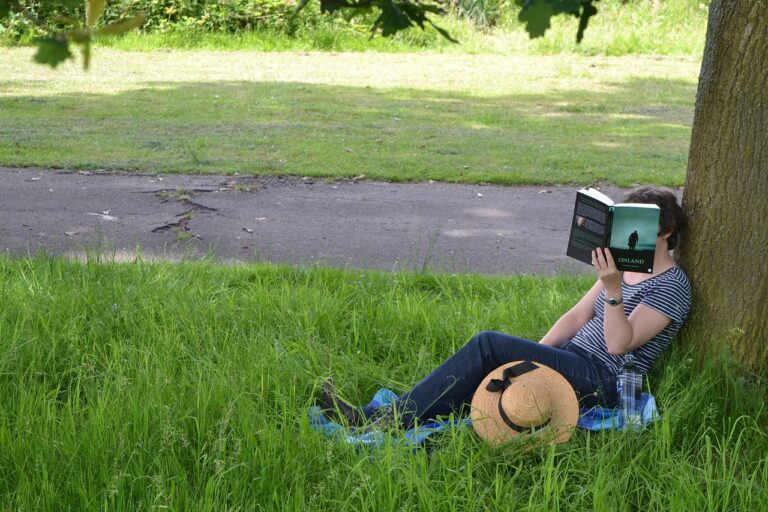Understanding Attachment Theory in Early Childhood Education: Diamond exchange, Sky99exch com login, Www.reddy book.club login
diamond exchange, sky99exch com login, www.reddy book.club login: Attachment theory plays a crucial role in early childhood education, influencing how children develop social and emotional skills that will shape their future relationships and mental health. Understanding attachment theory can help educators create nurturing environments that support children’s overall growth and well-being.
What is Attachment Theory?
Attachment theory, developed by psychologist John Bowlby in the 1950s, suggests that children form strong emotional bonds with their primary caregivers, usually their parents, which influences their social and emotional development. These early attachments serve as a model for how children will relate to others throughout their lives.
How Does Attachment Theory Impact Early Childhood Education?
In early childhood education settings, understanding attachment theory can help educators provide a secure and supportive environment for children to learn and grow. When children feel safe and cared for, they are more likely to explore their surroundings, build positive relationships with peers, and develop essential social skills.
Strategies for Supporting Attachment in Early Childhood Education
– Building Trust: Create a warm and welcoming environment where children feel safe and secure.
– Consistent Caregiving: Establish routines and provide consistent care to help children feel secure and develop trust.
– Responsive Communication: Listen to children’s needs and respond promptly and empathetically to build a strong emotional connection.
– Encourage Positive Relationships: Help children build strong relationships with peers and adults to foster social and emotional development.
The Role of Educators in Promoting Healthy Attachment
Educators play a vital role in promoting healthy attachment in early childhood education settings. By creating a nurturing and supportive environment, educators can help children develop secure attachments that lay the foundation for healthy relationships later in life.
Challenges in Supporting Attachment in Early Childhood Education
Educators may face challenges in supporting attachment in early childhood education settings, such as dealing with children who have experienced trauma or disruption in their early attachments. It is essential for educators to seek additional support and resources to meet the unique needs of these children.
FAQs
Q: How can educators support children with insecure attachments?
A: Educators can provide additional support, consistency, and empathy to help children with insecure attachments develop secure relationships.
Q: What are some signs that a child may have insecure attachments?
A: Signs of insecure attachment may include difficulty trusting others, fear of abandonment, and challenges forming close relationships.
Q: How can parents and educators work together to support children’s attachment development?
A: Parents and educators can collaborate to create a consistent and supportive environment that promotes healthy attachment and social-emotional development.







